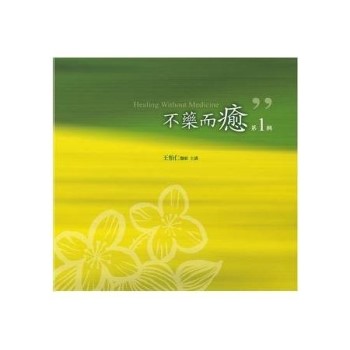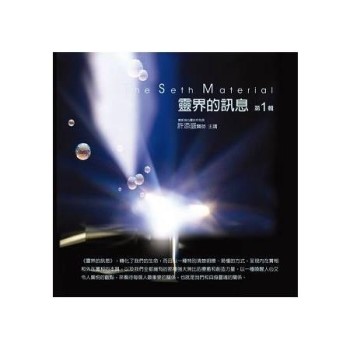| FindBook |
有 1 項符合
Simone Weil的圖書 |
 |
Simone Weil 作者:Palle Yourgrau 出版社:Reaktion Books 出版日期:2012-01-01 語言:英文 |
| 圖書館借閱 |
| 國家圖書館 | 全國圖書書目資訊網 | 國立公共資訊圖書館 | 電子書服務平台 | MetaCat 跨館整合查詢 |
| 臺北市立圖書館 | 新北市立圖書館 | 基隆市公共圖書館 | 桃園市立圖書館 | 新竹縣公共圖書館 |
| 苗栗縣立圖書館 | 臺中市立圖書館 | 彰化縣公共圖書館 | 南投縣文化局 | 雲林縣公共圖書館 |
| 嘉義縣圖書館 | 臺南市立圖書館 | 高雄市立圖書館 | 屏東縣公共圖書館 | 宜蘭縣公共圖書館 |
| 花蓮縣文化局 | 臺東縣文化處 |
|
|
Simone Weil, legendary French philosopher, political activist, and mystic, died in 1943 at a sanatorium in Kent, England, at the age of thirty-four. During her brief lifetime, Weil was a paradox of asceticism and reclusive introversion who also maintained a teaching career and an active participation in politics.
In this concise biography, Palle Yourgrau outlines Weil’s influential life and work and demonstrates how she tried to apply philosophy to everyday life. Born in Paris to a cultivated Jewish-French family, Weil excelled at philosophy, and her empathetic political conscience channeled itself into political engagement and activism on behalf of the working class. Yourgrau assesses Weil’s controversial critique of Judaism as well as her radical re-imagination of Christianity—following a powerful religious experience in 1937—in light of Plato’s philosophy as a bridge between human suffering and divine perfection.
In Simone Weil, Yourgrau provides careful, concise readings of Weil’s work while exploring how Weil has come to be seen as both a modern saint and a bête noir, a Jew accused of having abandoned her own people in their hour of greatest need.
|











